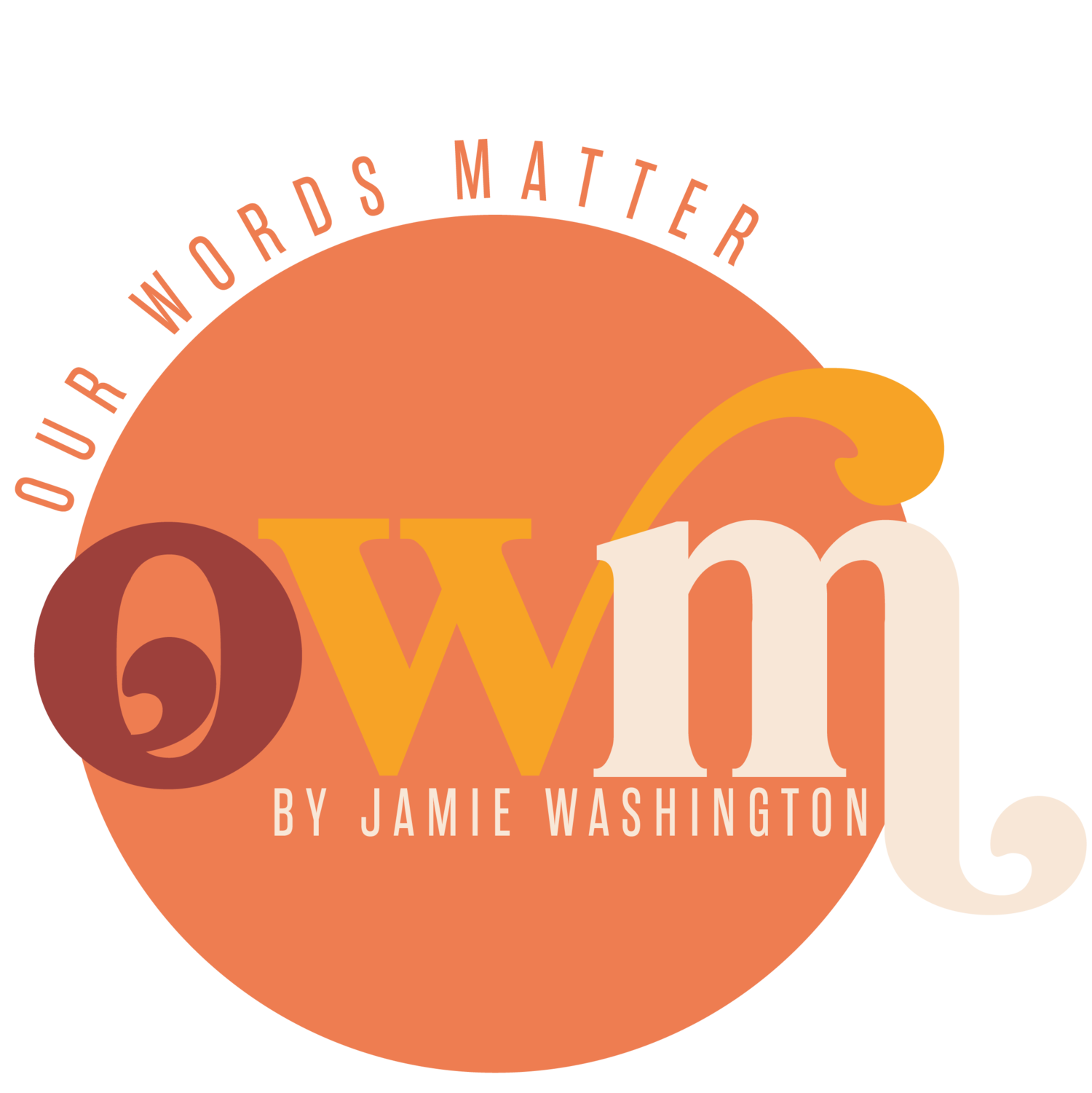i saw me in Meghan
If Oprah wasn’t already the interview GOAT, the Oprah with Meghan and Harry: A Primetime Special would have solidified it. She set the scene letting viewers know that she and Meghan were going to have an honest conversation that was not paid for and the questions were not previously negotiated. Throughout the interview Oprah delivered the questions straight with no chaser bypassing any superficial conversation and prying deeper to ask the appropriate follow ups that surely could to give The Crown a season’s worth of content should the series last long enough to introduce its viewers to the Harry and Meghan era.
Dispelling rumor after rumor, Meghan shared her experience as a working member of the Royal family. Sis dropped a very telling word in response to how the UK media portrayed her: “Their perception and my reality didn’t align. I was being judged by perception but I was living in reality.”
She and Oprah examined how differently she was treated in comparison to her sister-in-law, Kate Middleton and it led to Meghan discussing whether she made Kate Middleton cry over a wedding detail days before Meghan married Harry. Meghan shared what actually happened but also made it a point to guard and uplift her sister-in-law. She made it clear, “if you love her you don’t have to hate me (and vice versa)…I’m not disparaging her, she apologized and it’s not fair (to share details now) because she apologized.” Pointing out that the rumor came out about eight months after the incident and members of the Royal Institution knew the truth but chose not to discredit the rumor for her sake which allowed the UK media to continue to paint the picture of Meghan being difficult.
This reminded me of times that I’ve been in professional spaces. There’s an unwritten handbook for Black people and in it is the concept of code switching: changing how we speak and how we interact in the presence of and with this of the majority population. Beyond the necessary changes required for her to fit into her role as a working member of the Royal family, for me the unwritten and often unspoken cousin of code switching that Meghan showed in her interview is what many Black people do when sharing their experiences of being mistreated by the majority people group — tell a protective truth at the expense of your own sanity.
As I watched the interview I was able to easily identify with how Meghan chose to let us into her world when she was a Royal: carefully selecting her words ensuring that she protects certain details that have the potential to be damaging towards those that wronged her, specifically members of the Royal family. Whether it’s happened within my familial relationships or as a Black woman within the workplace, I’ve been in similar positions where protecting who hurt me took precedence over the pain I’d endured. Not wanting to rock the boat so much that you upset or overthrow the system, I became conditioned to choose to say just enough to let it be known that everything is not okay but not enough to let those that hurt me know that their actions wouldn’t be tolerated anymore.
I genuinely felt sad for Meghan. I felt sad for myself too because I saw myself in Meghan.
It’s mentally exhausting to honor your truth while also protecting someone else’s side of the story. Though the details of her story may not mirror ours, the microagression that Meghan endured is an experience that unfortunately too many Black women continue to endure in unexpected environments — in our places of work, worship, and leisure. Meghan shared that her experiences spiraled into her being suicidal. My empathy for Meghan swelled as she continued to extend grace to those that contributed to her feeling powerless.
That interview was Meghan’s way of taking her power back and showing women like me our truth is ours to speak when we’re ready. Whether it’s spoken fully or laced with grace, our truth is ours and can’t be trampled over any longer.
